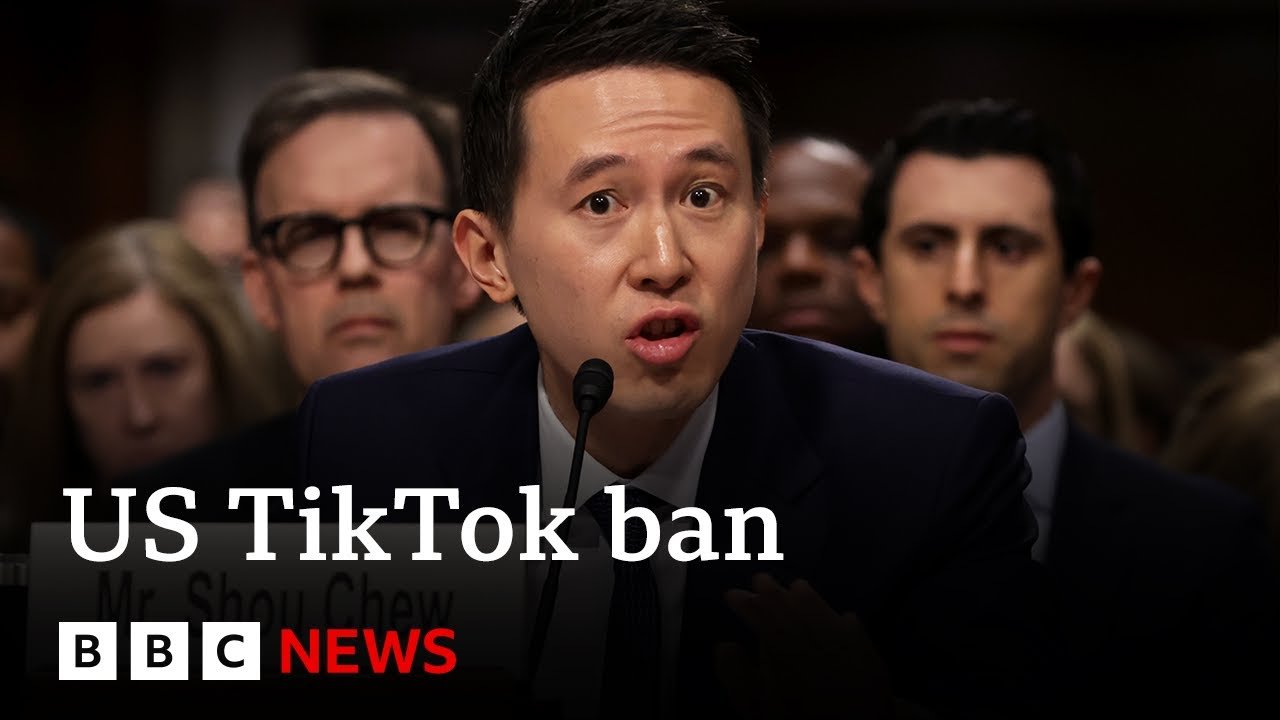In light of recent developments, TikTok’s CEO, Shou Zi Chew, has expressed determination to continue the fight against a potential ban in the United States, following the US House of Representatives’ passage of a bill targeting the app. The bill, which could result in the prohibition of TikTok if it becomes law, now faces an uncertain journey through the Senate. Proponents of the bill cite national security concerns, suggesting the app’s large user base in the US could be at risk of data theft by the Chinese government. The TikTok community and other stakeholders have rallied in various forms of support and opposition, highlighting the complexity of the issue which intertwines national security, free speech, antitrust considerations, and potential economic repercussions.
- The US House of Representatives passed a bill that could lead to a ban on TikTok in the United States.
- TikTok CEO Shou Zi Chew warned of legal action and emphasized the impact on 170 million US users and over 300,000 American jobs.
- The bill must pass through the Senate, where its future is uncertain, before it can be signed into law by President Biden.
- Security concerns are cited as the primary rationale for the bill, amidst fears of Chinese government data access.
- Former President Donald Trump, who previously supported similar actions, voiced concerns about the potential benefit to Facebook if TikTok is banned.
- Protesters and TikTok users have voiced their support for the platform, downplaying the security threats associated with China.
- If the bill becomes law and TikTok is not sold within about 6 months, it will be blocked from US app stores and internet service providers.
- TikTok’s potential ban has various implications, including the impact on US-based investors and beneficiaries like Meta and other competing platforms.
- Should a ban occur, there is speculation on how the redistribution of TikTok’s projected $9 billion in US ad revenues might benefit other media players.
The British Broadcasting Corporation is a British public service broadcaster headquartered at Broadcasting House in London. Originally established in 1922 as the British Broadcasting Company, it evolved into its current state with its current name on New Year’s Day 1927.
AllSides Media Bias Rating: Center
https://www.allsides.com/news-source/bbc-news-media-bias
Official website: https://www.bbc.com/
Original video here.
This summary has been generated by AI.
